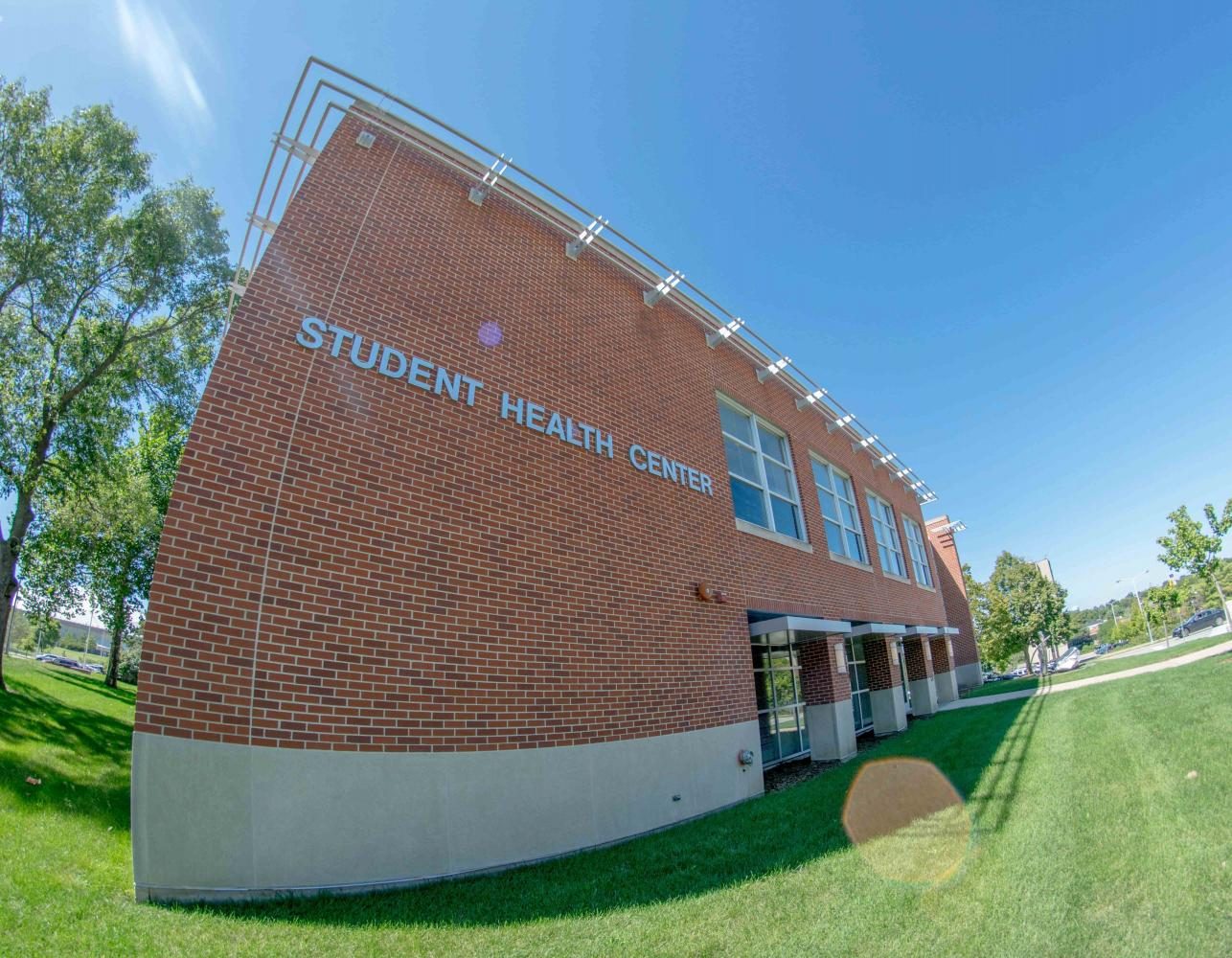Mental health initiatives misguided
Art director Iris Frasher questions the “value” of UNI’s student health center, which she says is understaffed and underfunded.
Sep 18, 2017
I will preface this by saying that I have been at the Northern Iowan (NI) for four years — this is my ninth semester being a staff member here (super seniors unite!). In all of this time, I have not once written an opinion column, but yet here I am. If I have one chance to tell the university how I feel, I would — and shall — say the following.
When I was in my early days of being an editor on the NI staff, there was an unusual up-rise in student suicides on campus, as well as accidental deaths. My peers were worried, confused and concerned, as were faculty and staff.
Many were scared when the next “with great sadness…” email would show up in their inbox. It is my personal belief that UNI had somewhat of a knee-jerk reaction to the matter.
Suicide awareness! De-stress events! You are not alone! You matter!
All of this is bullsh—t.
I have been diagnosed with major depressive disorder since…well, I don’t know when. It seems like it’s been forever, but I’ve been diagnosed for at least five or six years. I’ve been diagnosed with general anxiety and social anxiety for two years. I am not alone.
In a survey done by the National College Health Assessment, a total of 38.2 percent of students had said that at least once in the past year they had “felt so depressed that it was difficult to function.” 50.9 percent had felt that “things were hopeless,” and 60.9 percent “felt very lonely.”
Just in the past two weeks of being surveyed, a total of 28.5 percent of respondents had felt “overwhelming anxiety.”
The numbers can only do so much. They’re doing the only thing they can do, which is show us how students categorize their feelings. When looking at the numbers, it seems pretty obvious that a significant portion of college students suffer the symptoms of depression and/or anxiety.
However, I do not think UNI is doing its best with the data.
Mental health is a hot-button issue everywhere, I get it. To play it safe, it’s easier to do something than nothing; and anything is better than nothing.
Speaking as someone who experiences mental health issues first-hand, I feel as if UNI’s initiative is misguided.
Students with long-term depression do not need “de-stress” events twice a semester. We do not need more mental health awareness.
We need mental health acceptance.
Students that are impacted by mental health disorders need policies and resources to assist them and their needs — and they need to know that they’re there.
Speaking from personal experience, when a class sends you into half-hour long anxiety attacks and you skip said class because it makes you anxious, you begin a downward spiral that is nearly impossible to escape from.
Students need to know that Student Disability Services is there for them. In my opinion, this is an easy fix. Add to all syllabi something like, “if you believe that you become too mentally distressed to finish this course, please contact Student Disability Services or myself at…”
What I think should be readily known information didn’t become known to me until after the semester was over and I, unsurprisingly, failed the class — not even my student counseling center-assigned psychiatrist mentioned it to me. The class that caused me to become suicidal could’ve been wiped from my GPA — who’d’ve thunk. Now it serves as a mark on my record and my life that I will never forget.
You’d be pretty hard-pressed to find a student who doesn’t know about the student counseling center. We’re all told that this resource is here for us, but what kind of “valued” resource has an, on average (from personal experience), a one-month waiting list for an appointment?
And not only that, but what kind of a “valuable” resource only pays their starting mental health therapists a wage of $36,500? Someone who literally has students’ lives depending on them?
Honestly, I could go on and on; but the newspaper is only so long. So, I’ll leave it at this:
You say I matter, UNI. But do I really? Sometimes, it doesn’t feel like it.










Barry Wilson • Sep 21, 2017 at 9:14 pm
Unfortunately, UNI reflects the state of Iowa in lack of substantive support for mental health.